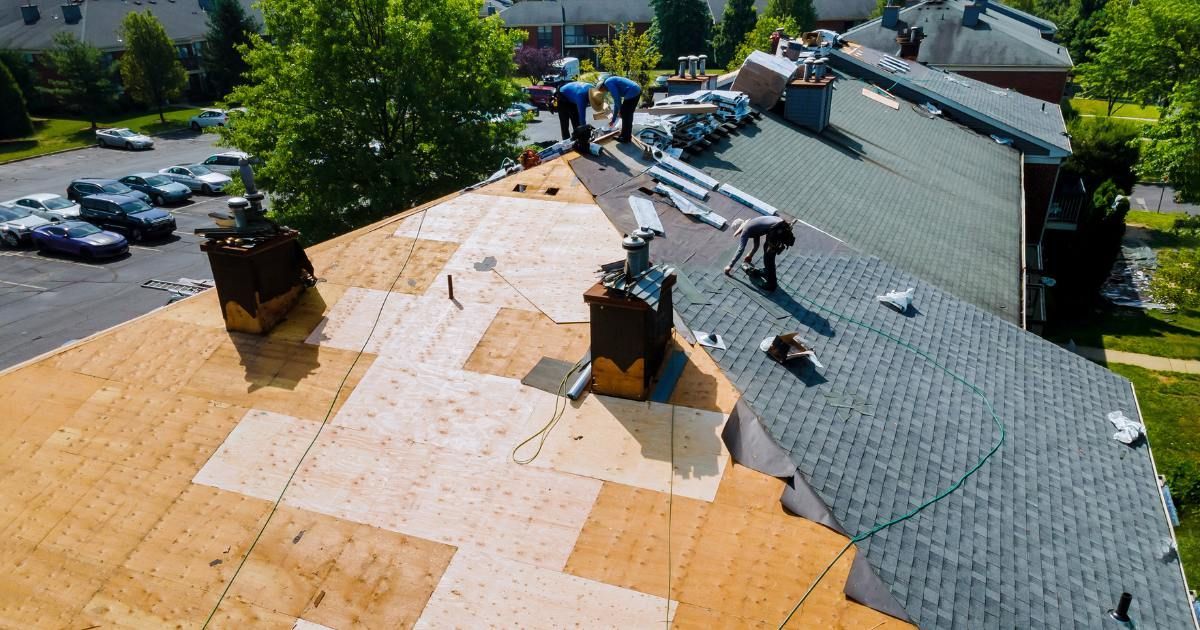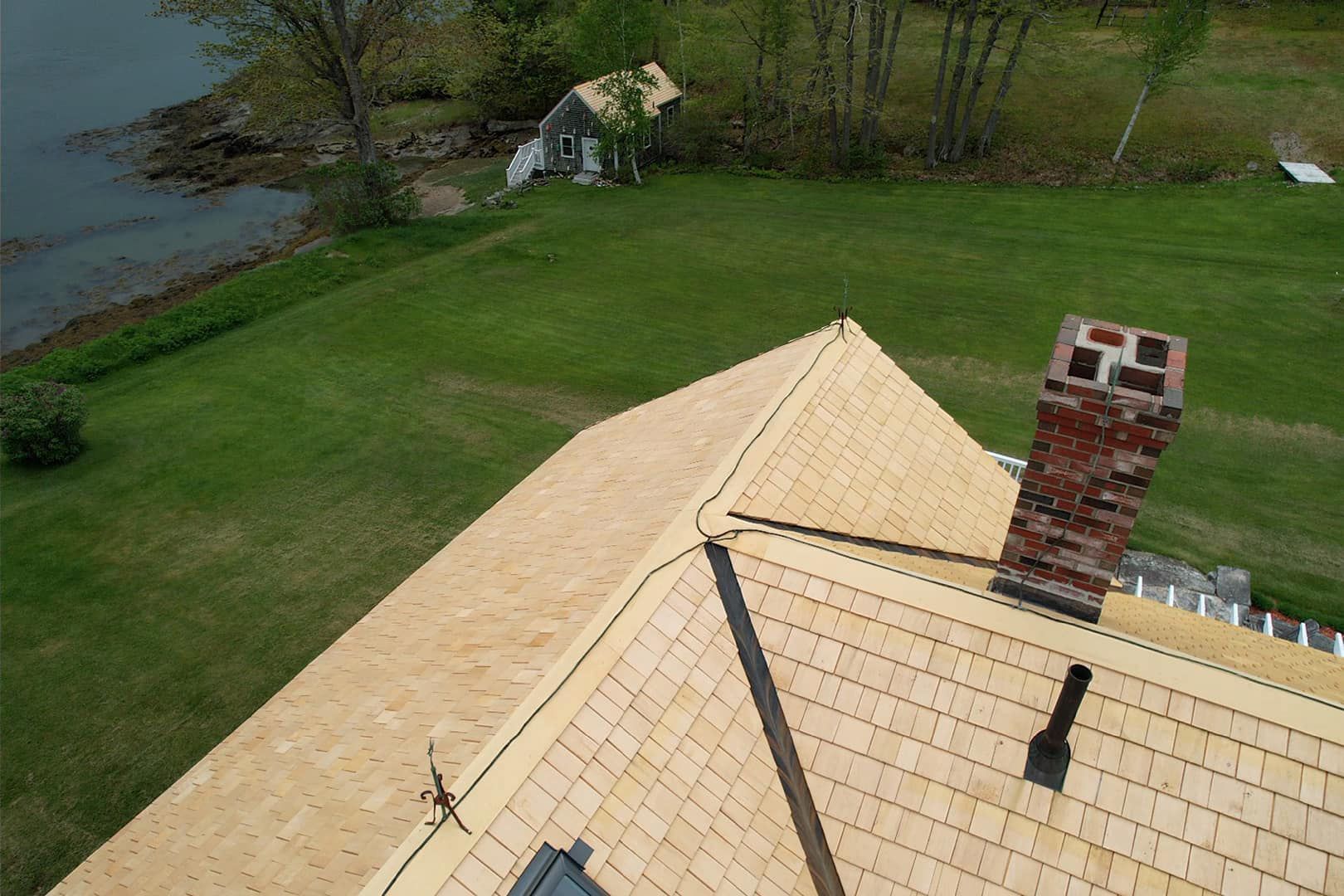Best Time to Replace Your Roof in New England
No matter the size of your roof, replacing it is no simple task and needs to be given careful thought and consideration. For proper installation, not only do you want to hire the best possible roofing contractor, but you also need to consider the timing.
Rain, snow, heat, and humidity may all have an effect on your roof replacement as well as the urgency to have it finished. The crew’s availability and whether or not you’ll be able to book them is also something to consider when making the decision.
So with all that said, what IS the best season to replace your roof?
Below we’ll discuss the pros and cons of each, making it easier to decide the best option:
Fall
In our opinion, fall is the ideal time for roof replacement. There are a couple different reasons:
First, temperatures are neither too hot nor too cold - which means contractors are able to work more comfortably without either sweating excessively or having to rub out their cold and cramped hands. Temperate conditions also translate to the ability to work faster and more efficiently. Consistent weather with fewer storms and less extreme weather means fewer delays so that your roof can be completed on schedule. An additional benefit is low humidity which gives your shingles time to properly seal before the onset of winter.
With autumn being the last chance to mend roofs before winter sets in and with the weather conditions also being ideal, contractors' schedules are often jam-packed. So if you don't plan ahead, you can often miss out. Therefore if you're one who's thinking about having your roof redone in the fall, make sure to start planning at least a month ahead of time.
Winter
Just because it’s snowing outside doesn’t mean that roofers stop working! Working during the winter is not always ideal, but depending on your needs it could be your best option.
The number one advantage to getting your roof replaced in the winter is the availability of the roofing crew. This is the season they're the least busy, so if you’re needing to get a job done immediately, this may be the time for you!
Because the days are shorter and the materials are more difficult to install during the winter, the roof installation process may take longer. The weather is also much more unpredictable and potentially severe, which means delays are much more likely to occur and may cost you more money.
Another disadvantage is that the tar sealant on the back of shingles may not be able to adhere correctly without being properly activated by heat. There are ways to get around this, but the process may cost you extra. Another factor is that asphalt shingles can be tricky in the winter due to the cold causing the shingles to lose some of their elasticity - not ideal for the roofers working with them.
Spring
After a long winter and harsh snow storms, roofing concerns may surface, so spring might be the perfect season for your roof work. Indeed, spring is also an excellent option, and here’s why:
Spring offers fairly mild temperatures, especially compared to the previous season, which means more comfortable working conditions for the contractors and a better chance that the project will be completed without major delays. Humidity is also lower which means a reduced risk of the roof being damaged by moisture.
The availability of roofing firms in the spring is better than in the fall or summer too, so if you’re looking to get some work in with less notice, then this could be a good option for you.
Rain could be a problem, especially in New England during the spring months. This could result in delays, though usually only minor ones amounting to a day or two.
Summer
Summer is most people's favorite season due to the sunny weather, but it's also a common choice for roof replacement. This is for a couple reasons:
As previously mentioned, the tar on the back of asphalt shingles needs heat in order to activate it, making the summer months a perfect time for roof replacement. You could be avoiding some leaks or loose shingles by allowing them to securely adhere.
The weather is warm and consistent, with less chance of rain or other storms, which is great for avoiding delays and having your project finished in a timely manner. With less humidity and cooler temps, this is especially true the earlier in the summer you start.
Summer is a popular season for roofing which also means that it's much harder to find contractors with availability during these months. So if you’re in a rush to get your roof done this may be the wrong timing.
As much as warm weather can be a blessing, it can also be a disadvantage if it's too hot. When the temperatures get too high, working conditions are not as pleasant, especially on rooftops which attract significant and even dangerously high heat . Hot roofs make for irritable workers and shingles which may easily soften, thus increasing the potential for damage.
Conclusion
If the need or even desire is there, you may want to replace your roof, and in reality, any season can be appropriate. As with any project, though, pros and cons exist with timing. Discussing these with an experienced roofing professional is your best bet for determining which season is ideal for you and your particular project!



